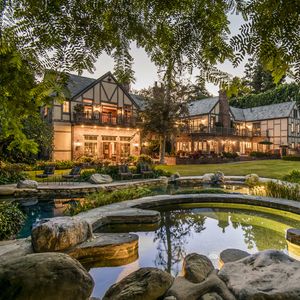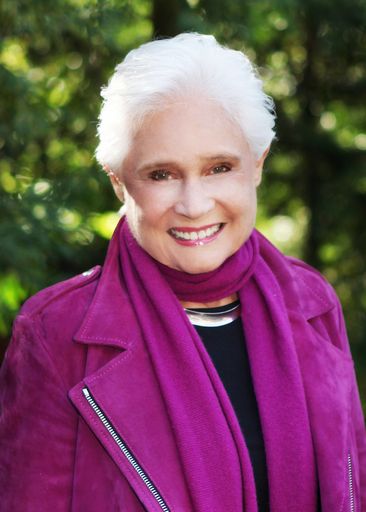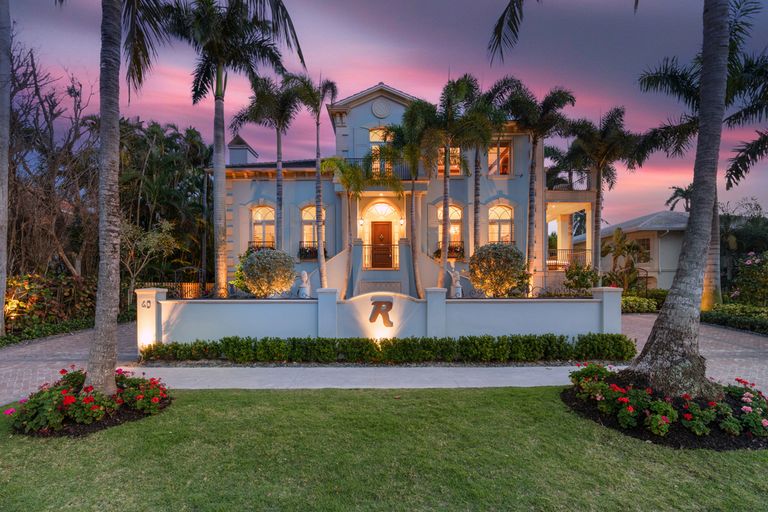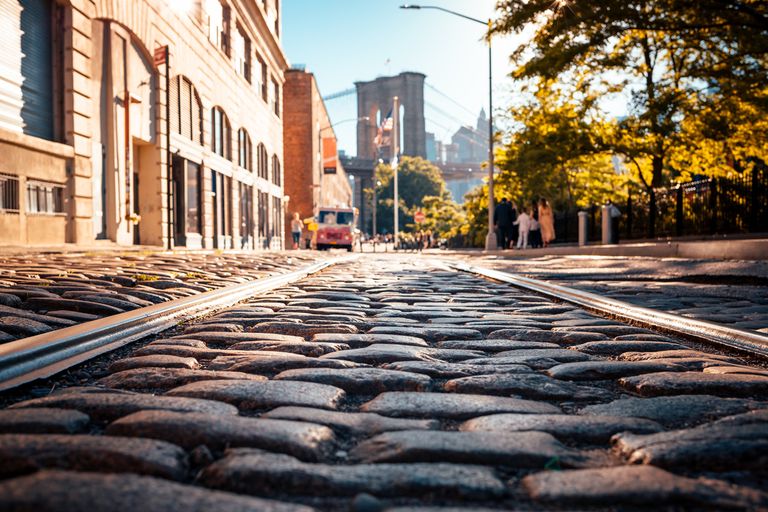
Pure Gold: L.A.’s Gary Gold Gets Candid About The State of Luxury Real Estate
Gary Gold, one of L.A.’s most successful and trend-setting real estate agents, possesses a hidden talent: he’s a master of the sound bite. His "Gold-isms" range from bullish realism ("Stop panicking") to straight talk with a twist ("I’ve had my best years in a bad market") – and they’ve helped him become a marquee name in the real estate world. He has been a frequent guest on CNN, Fortune, Barron's, Wall Street Journal, The Washington Post, Access Hollywood, CBS Evening News, E! Entertainment Television and The London Telegraph. His ability to produce highly quotable quips has also made him a sought-after speaker, panelist, and educator at industry conferences.

Gary Gold
Gold cemented his expert status by being cool, confident, candid, and really, really good at what he does. Although he’s a seasoned real estate veteran who got his start at 17 years of age, he gained acclaim after the sale of The Playboy Mansion, which set a record in 2016 as the first residence to sell for over $100 million in Los Angeles. Three years later, this achievement was eclipsed by his sale of the famed Chartwell Estate for $150 million. He’s since sold The Hearst Estate for $63.1 million —the highest-priced single-family home in the U.S. to ever sell at auction. That’s not to say he only works in the very top echelons of luxury real estate. His current listings represent a wide swath of the market from just under $30 million to roughly $2.7 million – enough to keep him supplied with a steady stream of insights and interesting stories to keep us all informed if not entertained. That’s why the Coldwell Banker Global Luxury® team sought out his unfiltered take on the current state of the high-end real estate sector for The Trend Report, recently released. He didn’t disappoint. With all of the headlines about a looming recession and a possible real estate slowdown, could he give us a dose of straight talk? His perspective should reassure anyone prone to panic: "Everyone’s anxious about the economy and its impact on the luxury real estate sector. But they're not looking at the facts." [pullquote] For one thing, the housing supply is still down, he points out. If properties are desirable and priced right, multiple offers are occurring – especially in prime locations like Beverly Hills, Brentwood, Malibu, and near Pasadena. Homes are also worth more today than they were yesterday. He sees luxury home prices settling into what he calls a "healthy appreciation." His prediction for the remainder of the year? "Prices are going to go up 5%. If you’re a seller, you’re still ahead of the market." Real estate agents need perspective when it comes to comparing 2022 numbers to 2021 or 2020. He likens the past two years of record home price appreciation to “eating cheesecake every day," he says. "It’s not sustainable. Buyers felt that prices were too high and it was too hard to buy a house. Now it’s going to be a little easier. I still think we are in a really good market right now. The only difference between this year and last year is that prices are not going up 20%."
1005 Woodland Dr | Beverly Hills, CA, US | $ 32,500,000 | Listed by Gary Gold
What about rising interest rates and their impact on luxury real estate? "Interest rates are the highest they’ve been since 2007, and it’s a dramatic increase from where we were," he acknowledges. "But historically, rates are still reasonable. The rate increase was done intentionally to slow down the economy and put us into a recession. The Fed will do the opposite to get us out of it. Rarely have interest rates had a long-term adverse effect on luxury real estate." He continues: "If you look at recession cycles over the last 30 years, there was only one recession where home prices dropped – and that recession was caused by the real estate market crash of 2008. In every other recession, prices went up." Real estate is always impacted by supply and demand. "It always boils down to that fundamental economic principle,” he contends. "They’re printing more money, but they’re not printing more houses. People need to buy somewhere. They need to live somewhere. Even when you look at the worst real estate markets in history, it’s not like there was no real estate activity." Plus, historically, inflation has had a positive impact on the real estate market because "people want to buy tangible assets as a hedge," he adds. Like any good agent, he tempers his optimistic outlook with a shot of pragmatism for his high-net-worth clients looking to navigate a shifting market: "There’s always an opportunity to make a prudent purchase and there’s always an opportunity to make a stupid purchase, no matter what market you’re in. Buyers need to educate themselves so they can make a smart purchase." For agents who only know the historic housing boom of the last few years and are worried about the future, he dispatches this final Gold-ism: "Your personal performance will have much more of an impact on your bottom line than the 30% of the business you might lose if the market slows down. This is the time to stay focused and bring your A-game. Make sure that you are developing sustainable skills that can carry you through different real estate cycles. You can’t rely on the slick. People need facts, not fear." Gold’s desire to not necessarily be the loudest voice in the room, but the most reasonable voice in the room makes his decision to join the Coldwell Banker Global Luxury network earlier this year seem prudent now that the market is changing. Clients and agents may be looking to balance any uncertainty with steady leadership. A real estate brand with more than a century of history behind it fits that bill. "Coldwell Banker is a 116 year-old-brand that operates like a hot startup," he says. "It’s where all the cool kids go, yet it has this solid foundation and meaningful history. Blue chip stock is sexy now. Look at Mercedes, Porsche, or Gucci with Tom Ford. These brands are great – not because they are building the same cars or making the same clothes as they were 100 years ago – but because they are good at what they do and are committed to evolving and staying relevant. That’s what’s happening at Coldwell Banker."SHARE





